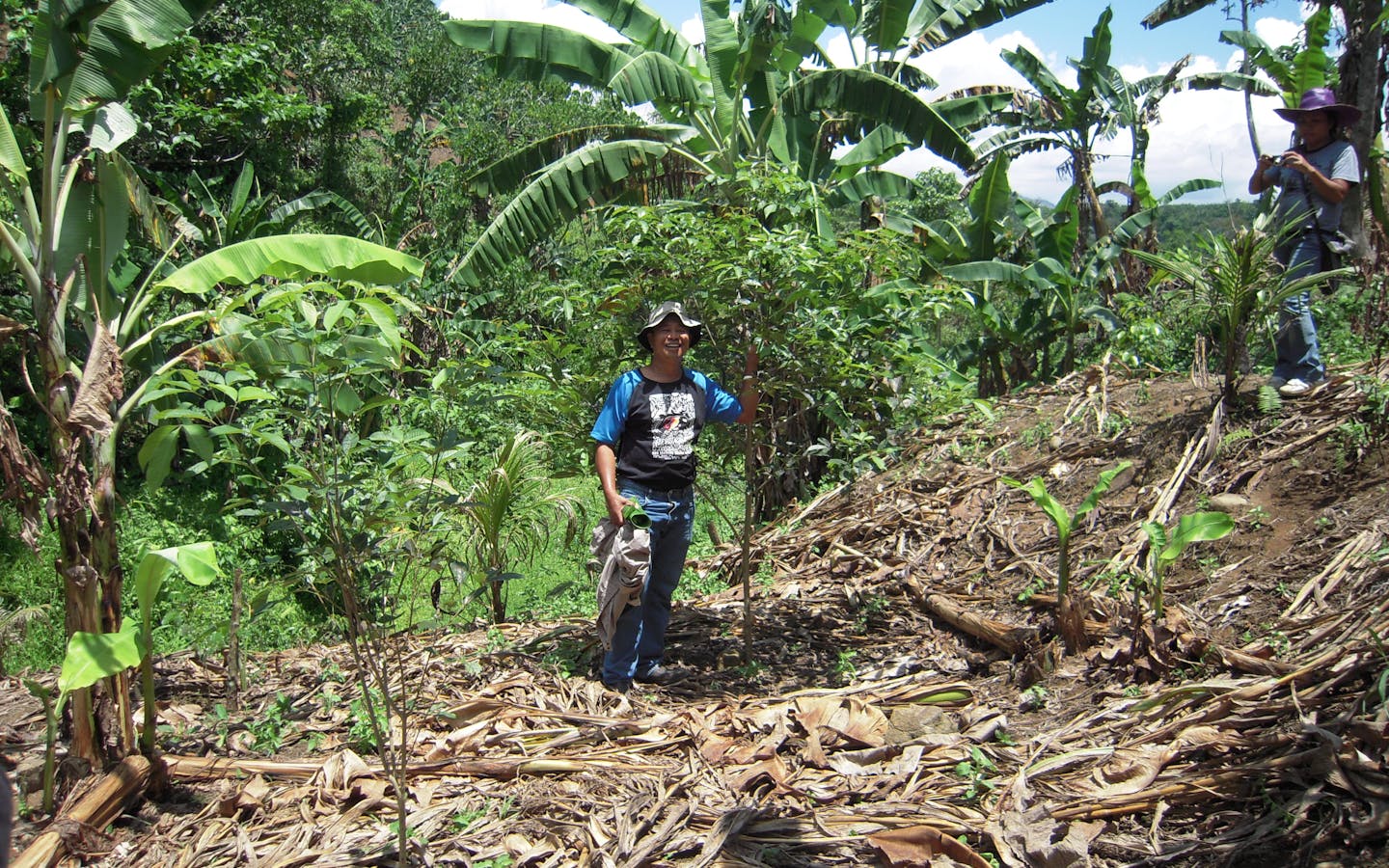On the nation’s most populous island of Luzon, inhabited by over 48 million people, spans the largest remaining tract of old-growth tropical rainforest in the entire country — the Quirino Protected Landscape. It is highly valued for its watershed, carbon storage and biodiversity.
Nestled in the foothills of the Sierra Madre mountain range, within an important biodiversity corridor, the Quirino Protected Landscape protects 67% of the Quirino province. This vast forest sustains the local people by supplying drinking water, flood protection and water for major irrigation systems. It also provides important ecological services in sustaining agriculture, the main economic activity of the lowland areas — contributing to the poverty alleviation program of the local government.
Quirino is also home to over 40 threatened animal species — some of which can only be found within the province.
However, unsustainable farming practices, population growth and a lack of local economic opportunities have led to slash-and-burn farming and illegal logging. Farmers, uncertain of their land tenancy, are maximizing their short-term gains at the expense of the environment.
Our role
In 2007, together with local government and NGO partners, Conservation International implemented the Quirino Forest Carbon Project to provide alternative income options and educate local communities. Through this project, we aim to protect and restore Quirino’s ecology and biodiversity, including its vital watershed, and to secure the role of the forest in mitigating climate change through reforestation and agroforestry.
Our plan

Incentivizing farmers to change behaviors
Conservation International and the Quirino Forest Carbon Project recognize that farmers cannot care properly for the environment if their livelihoods and food security are threatened. So we work closely with the farmers to provide incentives and training to encourage them to care for their land. We help farmers secure long-term land tenures, so that they care for the land in the long-term; we educate them in sustainable agriculture and secure alternative livelihoods, to reduce slash and burn; and financially compensate farmers for planting and maintaining native fruit trees, to reforest degraded areas.
The participating farms are strategically located on the fringes of the primary forest and watershed so that this effort occurs in the surrounding areas of the original forest, preventing further loss. As of 2015, the project has grown from its initial 177 hectares to 185 hectares and has benefitted 119 farmers.

Mitigating climate change with trees
Globally, deforestation contributes more greenhouse gas emissions than all passenger cars combined. Halting tropical deforestation and degradation and supporting their regrowth can provide at least 30% of all mitigation action needed to limit global warming to 2°C.
This project aims to reforest over 159 hectares. As of 2015, the trees planted by farmers participating in this reforestation project have led to the sequestration of over 920 tons of carbon dioxide. Funded for twenty years by moreTrees, the project is expected to sequester over 40,000 tons by 2029. As a testament to its success, the Quirino Forest Carbon Project received the highest possible certification by the Rainforest Alliance under the Verified Carbon Standard (VCS), and validated under the Climate, Community and Biodiversity Standards (CCBS). It was also the first program of its kind in Asia to be validated under CCBS at the Gold level in 2009, and VCS in 2010.

Fostering environmental stewardship
Conservation International and the Quirino Forest Carbon Project have trained locals as forest guards to help the government enforce environmental laws and promote ecological awareness within the community. They now better understand how sustainable practices benefit them and protect their forests for future generations locally and beyond.




